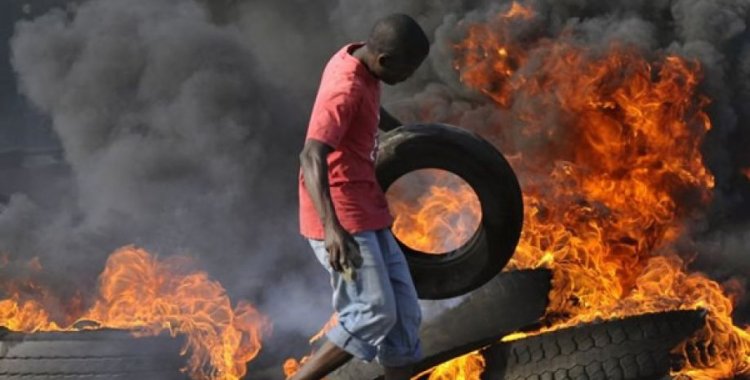The Proposed Law on the Crimes of Vandalism of Public Goods and Services was approved with favorable votes from all parties, except UNITA, which abstained for fear of intentions of persecuting political parties and civic organizations, hidden in the regulations.
The OCSJ also warned, in a statement, of the “imminent danger” of this law, considering that “this rule was designed essentially to limit freedoms and various constitutional rights and guarantees and facilitate the control and domination of all the country's living forces”.
For the Observatory, this is an unfair rule that facilitates the “incrimination of protesting voices, organizers of peaceful protests, civil society organizations, political parties with anti-regime sensitivity, civic activists, unions and other strata of society, whenever these organize or carry out any protest or demonstration, [which] constitutes a true derailment of the standards of democracy”.
The organization emphasizes that this is an indirect way of “attacking and preventing the realization of the rights of expression, demonstration, assembly and even the free exercise of political choice”.
The OCSJ adds that “a vast project of the regime related to the limitation of freedoms and civic space” is at stake, pointing out other controversial bills, such as that on Non-Governmental Organizations (NGOs) and that on National Security.
“How is it possible to penalize and condemn a citizen who has degraded a piece of furniture or property with penalties similar to those applied to crimes of terrorism, homicides or crimes against humanity”, while citizens with public positions “who squander the treasury (…) are treated with romanticism and better supported in the abstract feather frame?”, he asks.
And he adds: “It seems that in Angola it has become less serious to steal and commit murder than to peacefully protest for a right”.
In the statement, the organization calls for the rule not to be promulgated, as it is “counterproductive and anti-constitutional”.
“[This norm] could be another obstacle to the preservation of social peace, the construction of a truly democratic and plural country”, concludes the OCSJ.
The proposal, which had its final vote this Thursday, after being voted on in June as a whole and then downgraded to specialty, provides for penalties of between three and 25 years in prison, depending on the violence of the acts and the nature of the good or service subject to criminal action.







